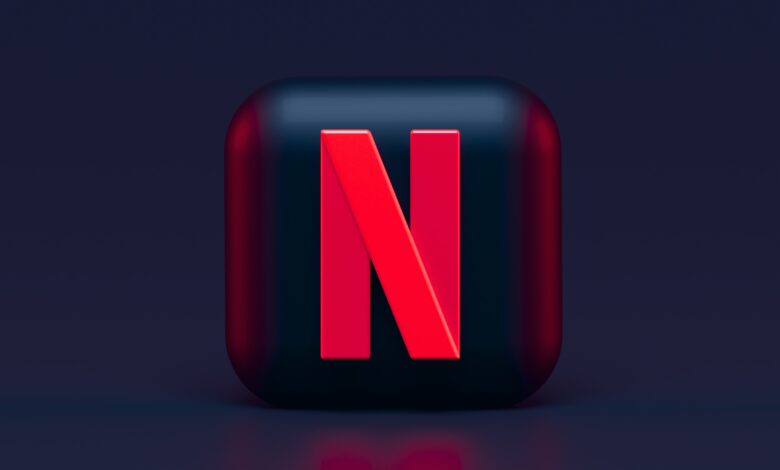Exploring Netflix: Revolutionizing Entertainment

In the realm of modern entertainment, few names resonate as profoundly as Netflix. Founded in 1997 by Reed Hastings and Marc Randolph, Netflix began as a DVD rental service, revolutionizing the way people consumed movies and TV shows. Over the decades, Netflix has metamorphosed into a global streaming powerhouse, fundamentally reshaping the entertainment landscape and becoming synonymous with binge-watching culture.
Evolution of Netflix
1. From DVDs to Streaming:
Netflix’s initial success came from its innovative DVD rental-by-mail service, which allowed subscribers to rent DVDs online and have them delivered to their homes. This model disrupted traditional video rental stores like Blockbuster, offering convenience and a vast library of titles.
2. Streaming Dominance:
The pivotal moment for Netflix came with the introduction of streaming in 2007. This move allowed subscribers to instantly watch a wide array of movies and TV shows over the internet, paving the way for the decline of physical media and the rise of on-demand viewing.
3. Original Content Strategy:
Recognizing the importance of exclusive content, Netflix began producing its own shows and movies, starting with “House of Cards” in 2013. This strategy not only differentiated Netflix from competitors but also established it as a creative powerhouse, garnering critical acclaim and a dedicated subscriber base.
Impact on Entertainment Industry
1. Disrupting Traditional TV:
Netflix’s streaming model disrupted traditional television networks by offering ad-free viewing and releasing entire seasons at once, fostering binge-watching habits and changing audience expectations.
2. Global Reach:
Operating in over 190 countries, Netflix has transcended geographical boundaries, making it a truly global entertainment provider. This expansion has facilitated the distribution of diverse content worldwide, promoting cultural exchange and understanding.
3. Influence on Viewing Habits:
The concept of “Netflix and Chill” has become a cultural phenomenon, symbolizing relaxed, on-demand viewing experiences. Netflix’s algorithms, which recommend content based on viewing history, have personalized the entertainment experience, further ingraining it into daily routines.
Challenges and Future Directions
1. Competition in Streaming Services:
As the streaming market grows increasingly crowded with competitors like Disney+, Hulu, and Amazon Prime Video, Netflix faces challenges in retaining subscribers and securing rights to popular content.
2. Innovation and Technological Advancements:
Netflix continues to innovate with features like offline viewing, interactive storytelling (as seen in “Black Mirror: Bandersnatch”), and partnerships with technology companies to enhance streaming quality and accessibility.
3. Sustainability of Content Production:
With a focus on original content, Netflix invests heavily in production budgets, aiming to maintain a diverse portfolio of shows and movies to cater to varied audience tastes.
Conclusion
Netflix has evolved from a humble DVD rental service to a global entertainment titan, reshaping how people consume media and setting trends in the industry. Its commitment to original content, technological innovation, and global expansion has solidified its position as a leader in the streaming market. As Netflix navigates challenges and explores new opportunities, its impact on entertainment and viewing habits remains profound, promising continued evolution and influence in the years to come.




